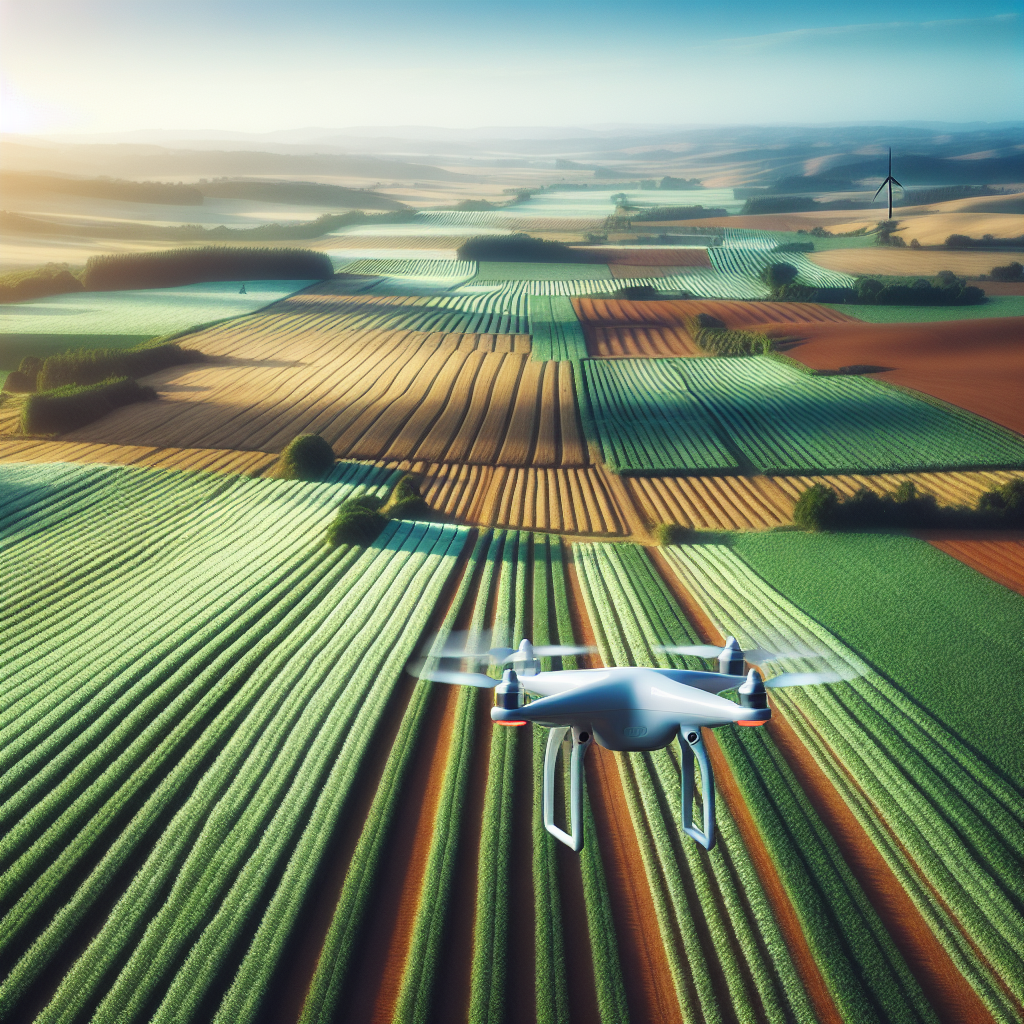Can the Global Drone Revolution Make Agriculture More Sustainable?
Environmental reporter focusing on climate change, conservation, and sustainability

The rapid rise in drone technology over the past decade has transformed numerous sectors, from entertainment to warfare. However, one of the most significant yet underappreciated shifts is happening in agriculture. The global adoption of drones in farming has surged within the last five years, promising to enhance productivity while addressing sustainability challenges. Despite this potential, the integration of drones into agriculture presents a complex landscape of benefits and trade-offs, which remains largely unexplored outside specialized technical fields.
Drones are increasingly being recognized for their ability to revolutionize agricultural practices by enhancing efficiency and reducing resource usage. These unmanned aerial vehicles (UAVs) allow for precise monitoring of crop health, soil conditions, and livestock, facilitating targeted interventions. This precision agriculture approach can lead to reduced use of water, fertilizers, and pesticides, aligning with the global push for sustainable farming. However, the rapid uptake of drones has not been accompanied by sufficient academic research into their real-world application, leaving many questions about their long-term impact on sustainability unanswered.
The benefits of drones in agriculture are substantial but not without challenges. The technology offers the promise of producing more food with fewer inputs, but this comes with trade-offs, including high initial costs and the need for skilled operators. Furthermore, the regulatory environment for drone use in agriculture varies significantly across countries, potentially hindering widespread adoption. The balance between technological advancement and practical implementation is delicate, and finding the right regulatory framework is crucial to maximizing the benefits of drones in agriculture.
Despite the promise of drones, their integration into global agriculture raises concerns about equity and accessibility. Small-scale farmers, particularly in developing countries, may find it challenging to access this technology due to financial constraints or lack of infrastructure. Ensuring that the benefits of drones are distributed equitably requires targeted policy interventions and support from international organizations. Without such measures, there is a risk that drone technology could exacerbate existing disparities in agricultural productivity and income.
Looking forward, the global diffusion of agricultural drones presents a unique opportunity to address sustainability challenges if managed effectively. Policymakers and researchers must collaborate to build a comprehensive understanding of drone technology's impacts on agriculture. This includes developing robust data systems to track their use and effects, creating adaptable regulations, and fostering an environment where technological advancements are accessible to all farmers. By doing so, the agricultural sector can harness the full potential of drones to achieve a more sustainable and equitable future.
About Anna Green
Environmental reporter focusing on climate change, conservation, and sustainability